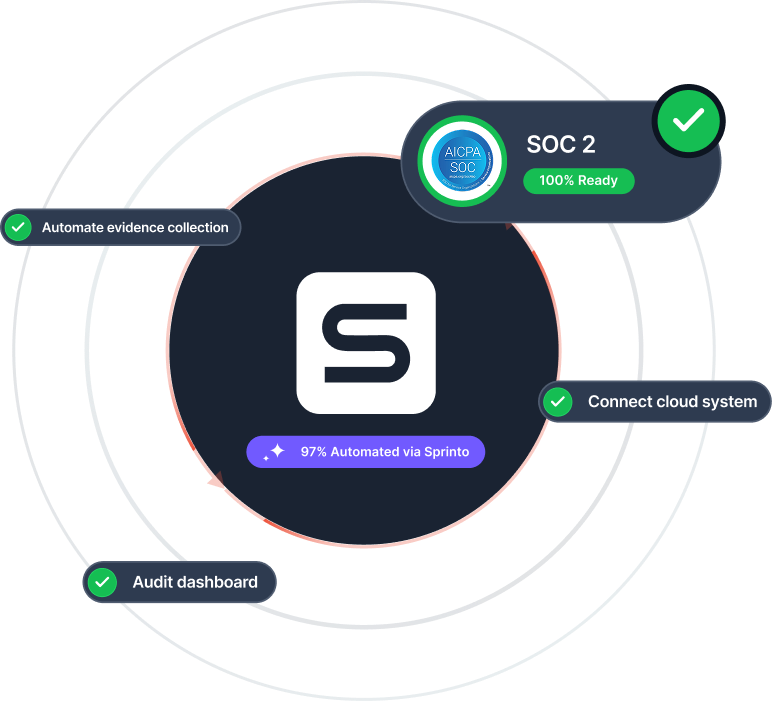Key Principles of Governance
An Overview of Governance
Good governance isn’t accidental — it’s engineered through core principles that anchor decision-making and accountability. These principles help organizations scale responsibly, maintain trust, and align internal operations with external expectations.
Key principles of governance:
Transparency – Clear, open communication and traceable actions
Accountability – Defined ownership with measurable outcomes
Integrity – Ethical behavior embedded in all processes
Responsiveness – Timely, stakeholder-aligned decision-making
Rule of law – Adherence to legal, regulatory, and internal standards
When these principles are consistently applied, governance becomes a lever for agility and resilience — not bureaucracy.
Key principles of governance:
Transparency – Clear, open communication and traceable actions
Accountability – Defined ownership with measurable outcomes
Integrity – Ethical behavior embedded in all processes
Responsiveness – Timely, stakeholder-aligned decision-making
Rule of law – Adherence to legal, regulatory, and internal standards
When these principles are consistently applied, governance becomes a lever for agility and resilience — not bureaucracy.
ISO 27000 Series of Standards – Complete Guide
Sprinto, your ally in all things compliance, risk, and governance.


